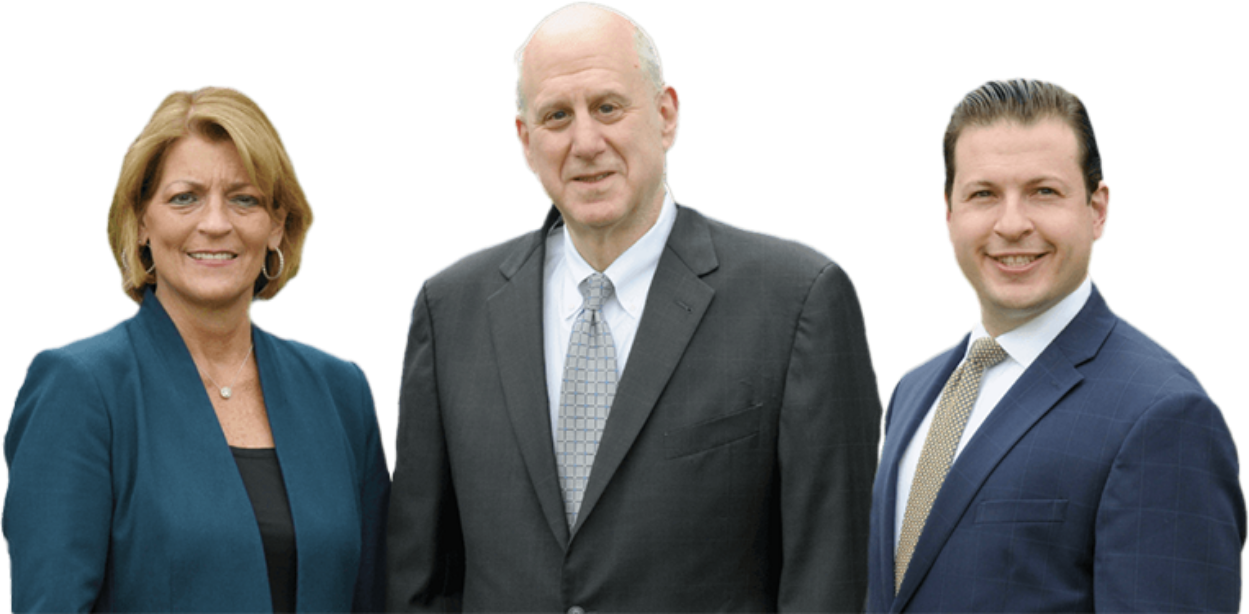What Are the Downsides to Debt Consolidation?
When debt is insurmountable, filing for bankruptcy may be preferable to getting a debt consolidation loan because of the downsides it presents.
Addressing your financial problems through debt consolidation is not the same as doing so through bankruptcy. Debt consolidation requires people to take out additional loans. This might mean that you will have to pay interest for longer or be a victim of predatory lending practices, preventing you from repaying debts even through consolidation. Chapter 13 bankruptcy allows the consolidation of debts in a different form and can be more successful for debtors, especially if they have debts that are eligible to be eliminated by a discharge.
Get in touch with Young, Marr, Mallis & Associates by calling (215) 701-6519 or (609) 755-3115, and schedule a free discussion of your case with our Pennsylvania bankruptcy lawyers today.
Notable Downsides to Debt Consolidation
While debt consolidation can seem like a fine alternative to filing for bankruptcy if you are struggling with debt, there are some notable downsides which debtors should consider before taking this route. For example, debt consolidation requires people to take out additional loans, which might cause them to pay more interest than initially anticipated. With debt consolidation, debts aren’t discharged, and debtors might deal with lenders that don’t have their best interest in mind, possible impeding their ability to improve their financial well-being.
You Have to Take Out Another Loan
If you are having a hard time paying off your debts, why would you put yourself in the position to have even more debt? For debt consolidation to work, you have to take out another loan. The lender will then consolidate your debt and lend you the money you have to pay them off. In turn, you pay back one lender over time instead of many. So, even if a debt consolidation loan helps you to pay off debts temporarily, you are still on the hook for those payments for, in all likelihood, a long period of time.
You Might Pay More in Interest
Because debt consolidation works through debtors taking out additional loans, interest rates become an issue. Although your initial monthly payment might be lower overall, interest will still accrue on the new loan you took out when you consolidated your debt. This means that there might be additional interest you have to pay that has nothing to do with your original debt. And, because all of your debt is consolidated, you can’t put payments toward specific debts. So, you could be paying off your debt consolidation loan for some time, resulting in more interest accruing.
You Won’t Have Someone in Your Corner
Banks, credit unions, and other lenders want to give out debt consolidation loans. They have little interest in your actual financial health but care more about the return they might be able to get on a loan they give you. Trusting that a lender has your best interest at heart is typically unwise when considering debt consolidation services. When you take another path, such as filing for bankruptcy, you will be able to work with our Upper Darby, PA bankruptcy lawyers to ensure that you properly deal with your financial troubles so that you can begin rebuilding your credit. In doing so, you will not have to take out another loan, even for debt consolidation.
You Risk Missing Payments
Debt consolidation can make things easier for debtors because debtors only have to be aware of one monthly payment date. Instead of having payment deadlines for various debts, you will work towards paying them all at the same time. While that has upsides, it also presents downsides. For example, if you miss even one payment toward your debt consolidation loan, you might risk incurring fees or running into other delays that inhibit you from paying off your debt. Because debt consolidation loans are typically for large sums of money, lenders generally react harshly to missed payments.
Your Debt Won’t Be Discharged
Debt consolidation is not always a solution to debt. Unlike in bankruptcy, your debts will not be discharged. Instead, they will be consolidated under the same interest rate, allowing you to contribute to paying off all debts with each monthly payment. Your debts won’t be erased, and you will still have to pay them off over time.
Can You Consolidate Your Debt in Bankruptcy?
If the idea of combining all of your debts under the same interest rate appeals to you, but you do not want to take out another loan, there may be a solution in bankruptcy. Bankruptcy has specific chapters, one of which allows for a different approach to debt consolidation.
Depending on your income and expenses, you may be able to declare Chapter 13 bankruptcy. With this bankruptcy chapter, a person’s debts are consolidated. A fixed interest rate is then applied to all debts, and a repayment plan is designed. Using the requirements of this repayment plan as a guide, a debtor will make payments toward their debts over a period of three to five years. Prior to submitting a repayment plan, our attorneys can meet with your lenders to negotiate a possible reduction in debts or another agreement that might lower your repayment responsibility.
In addition to making debt repayment easier, bankruptcy can also eliminate certain debts, namely unsecured debts. For most debtors, this refers to any outstanding medical or credit card debt, as well as other common debts. Eligible debts will be discharged once a debtor completes their repayment plan. If you are only eligible for Chapter 7, your debts will not be consolidated. Instead, they will be discharged, provided they are eligible, and you will then identify assets for liquidation to repay any remaining debts.
Address Your Debt with Bankruptcy
For help with your case from the Philadelphia bankruptcy lawyers at Young, Marr, Mallis & Associates, call us now at (215) 701-6519 or (609) 755-3115.






























